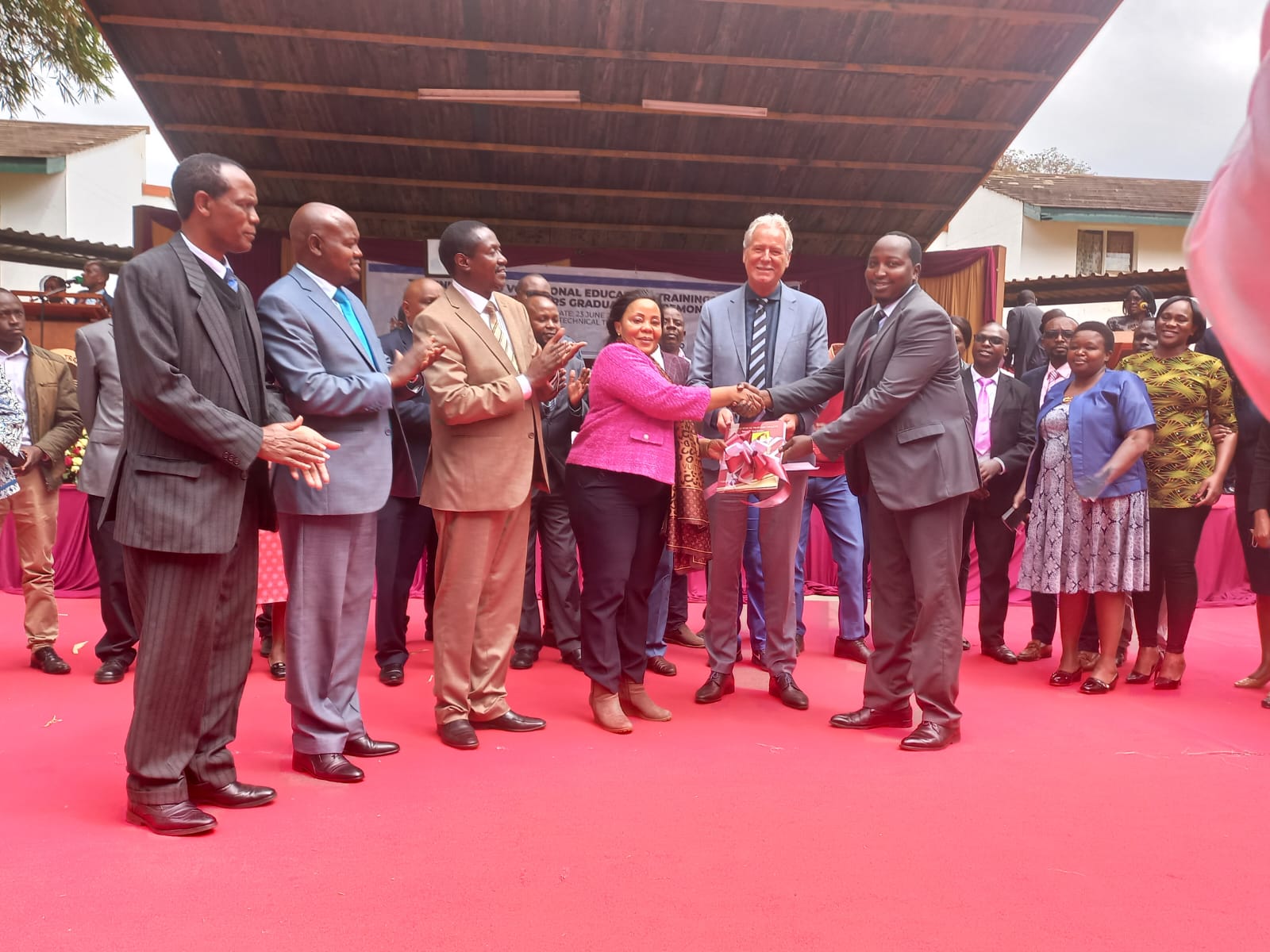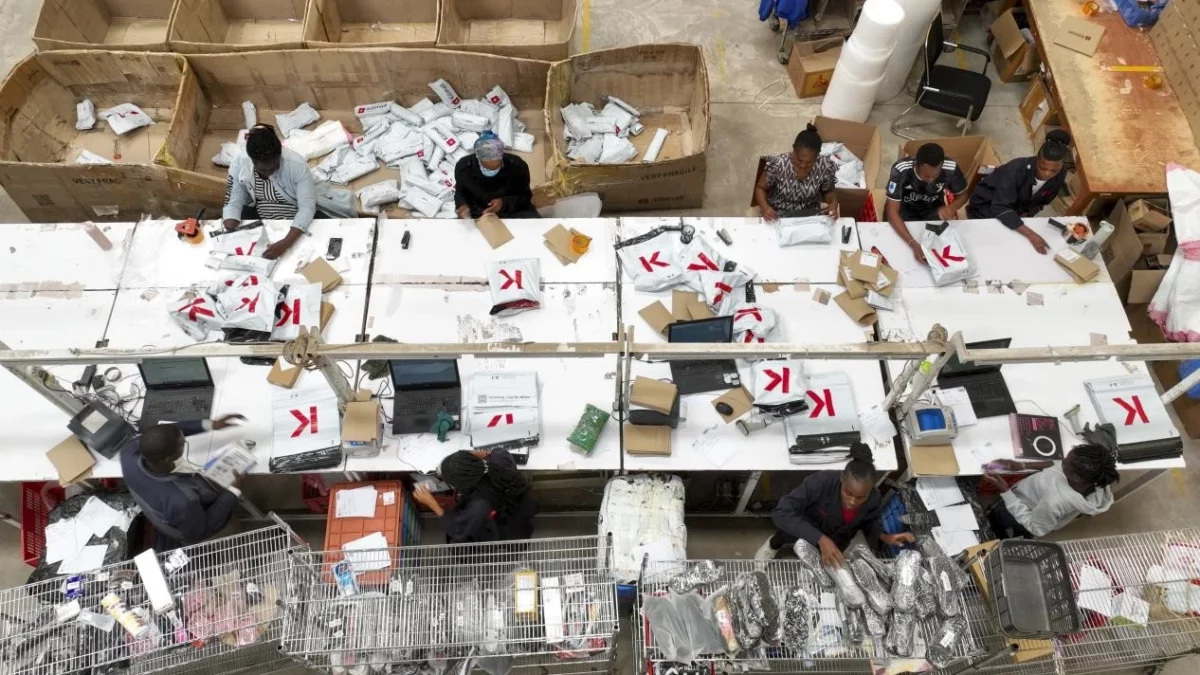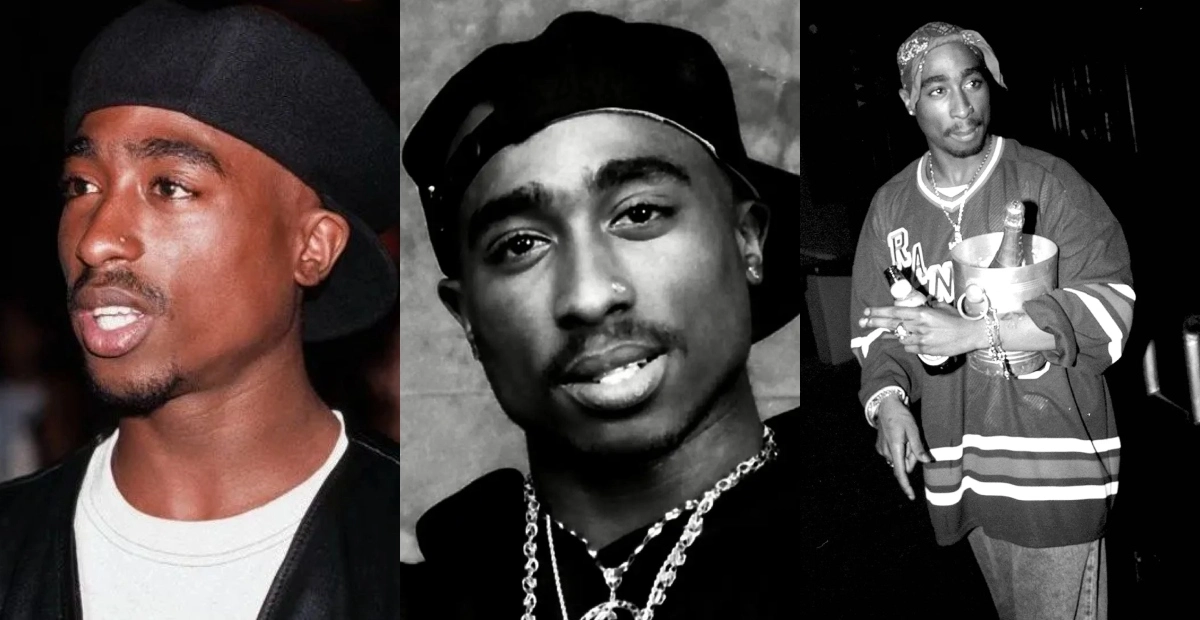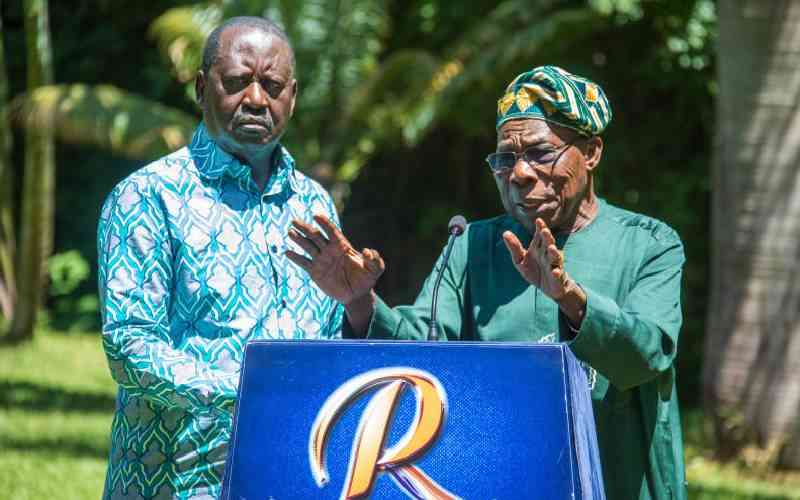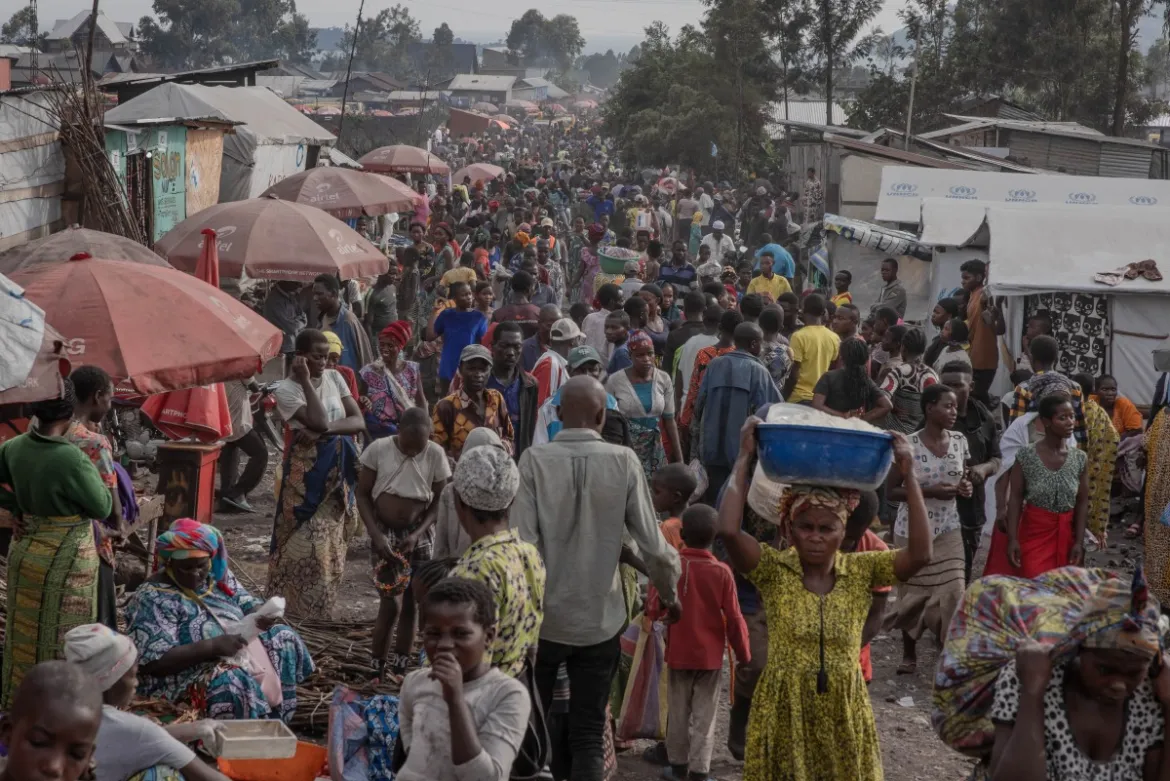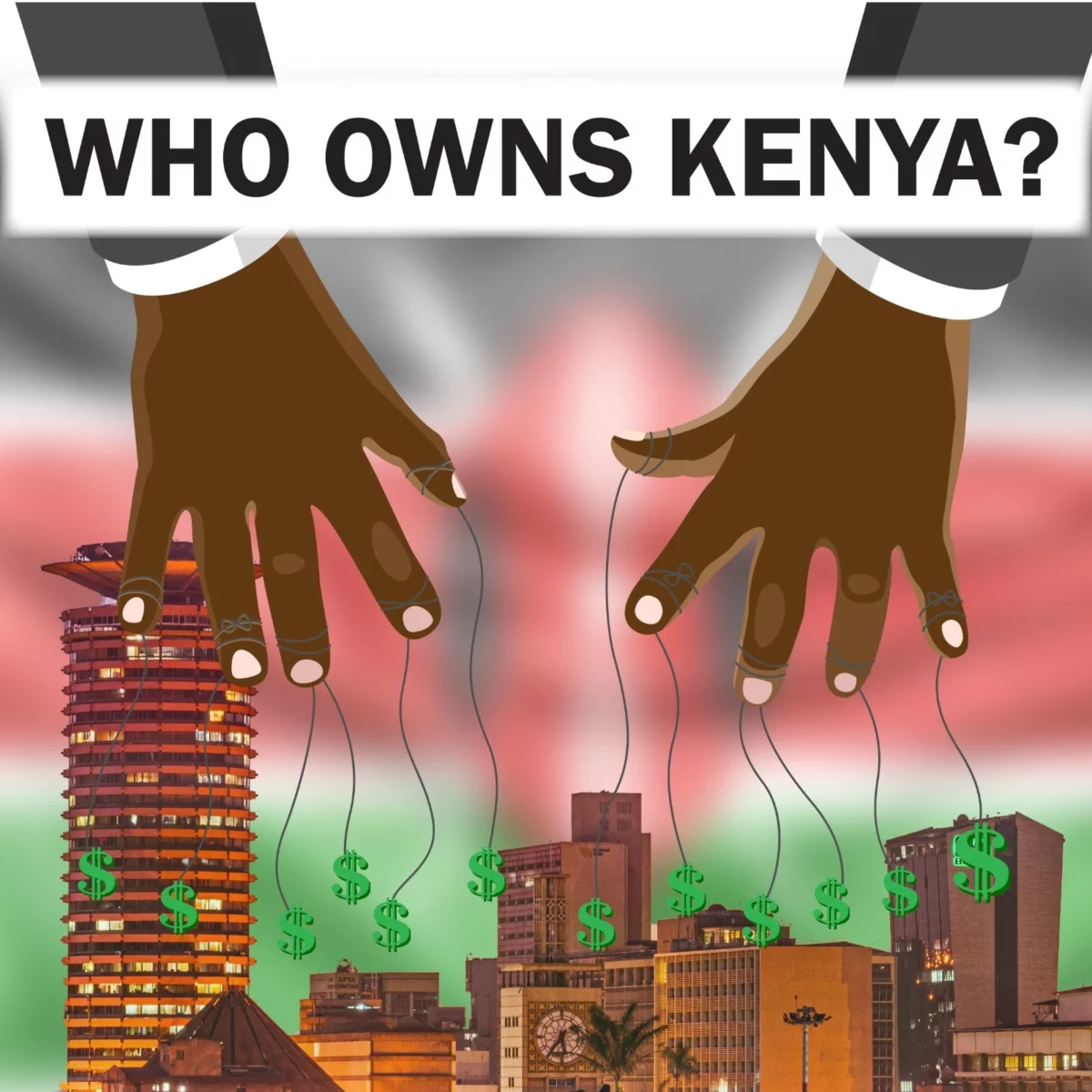UNESCO plans to launch the Greening of TVET program in Africa to equip technical training institutes on Climate Change across five countries on the continent.
This was revealed by Prof Hubert Gijzein, UNESCO, Regional Director during the Better Education for Africa’s Rise (BEAR) II graduation ceremony at Kenya Technical Trainers College-Nairobi.


“We must start thinking of green jobs and green skills within the continent in order to grow our economy as well as achieve the SDG goals. As UNESCO we shall be rolling out the Greening of TVET Initiative Program within the five African countries now that the BEAR II program has come to an end. Considering the complexity of climate change, we need tools to support climate change education that best reflect its interconnected natural and human elements and replicate the dynamic behaviour we observe.” Comments Prof Gijzein.
The five countries are; Kenya, Uganda, Ethiopia, Tanzania and Madagascar. He was speaking during the BEAR II graduation ceremony at Kenya Technical Trainers College-Nairobi where 130 graduands were awarded Continuous Professional Development [CPD] Certificates.
“Today we are awarding 89 TVET trainers and 41 TVET managers with CPD certificates an indication that they have scaled up their skills which in return they shall better the training they offer to TVET students across different institutes.”
At the same time, Principal Secretary of the State Department for Vocational and Technical Training (VTT), Dr Margaret Mwakima, revealed that the government will soon unveil the TVET Financing Policy that seeks to create a TVET Funding Board.
“The TVET students have been relying on HELB for capitation but with the establishment of a 1TVET Funding Board stakeholders that the issue of funding will soon be addressed once we have the funding our students will have a full kitty that will cater for their needs. This will also foster research and `innovation within our TVET institutions across the country.” Says Dr Mwakima.
The Better Education for Africa’s Rise (BEAR) II is a five-year UNESCO project supported by the Republic of Korea, which has been implemented from 2017 to 2021 in selected countries of Eastern Africa, namely Ethiopia, Kenya, Madagascar, the United Republic of Tanzania and Uganda.
The PS added that “ The BEAR II project aims at strengthening TVET systems in Eastern African countries to give young people a better chance to access decent employment and generate self-employment. BEAR II project is aligned with UNESCO Strategy for TVET (2016-2021) and aims at enhancing the relevance, quality, and perception of the technical and vocational education and training (TVET) system in the beneficiary countries through specific sectoral interventions.”
According to the UNESCO-UNEVOC survey, there are several challenges that hinders the realization of SDGs. Among them are :
- Lack of awareness about sustainability
- Low capacity at the levels of decision-making, teaching and implementation in practice
- Shortages in skills resulting in unmet labour market demands
- Unsustainable patterns of consumption and production
- Outdated competencies and qualifications
- Lack of recognition and assessment mechanisms for skills acquired through non-formal and informal learning
- Lack of targeted engagement of key actors including youth, community and enterprises


